
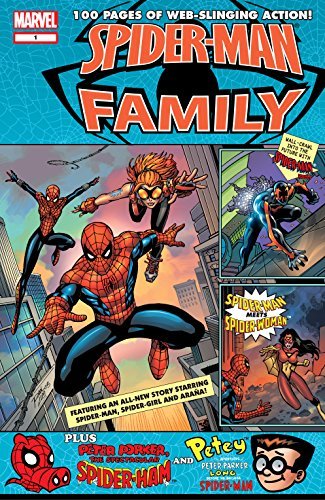

Books in series

Spider-Man 2099 (1992-1996) #1
2013

Spider-Man Family #1
2018

Spider-Man 2099 (1992-1996) #2
1992

Spider-Man 2099 (1992-1996) #3
2013
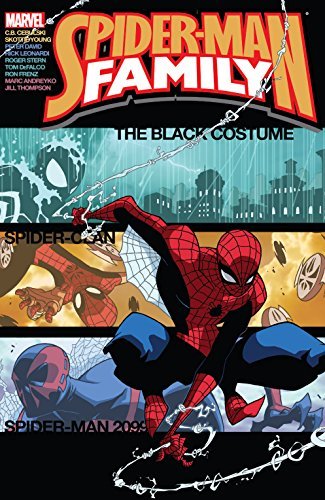
Spider-Man Family Featuring Spider-Clan
2018
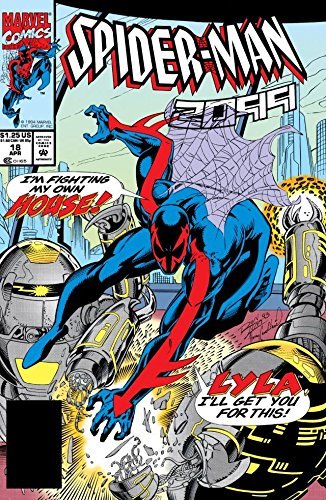
Spider-Man 2099 (1992-1996) #18
2015
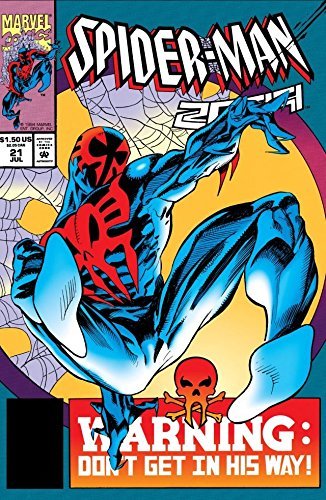
Spider-Man 2099 (1992-1996) #21
2015
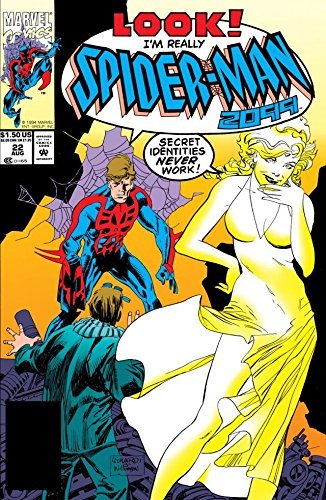
Spider-Man 2099 (1992-1996) #22
2015
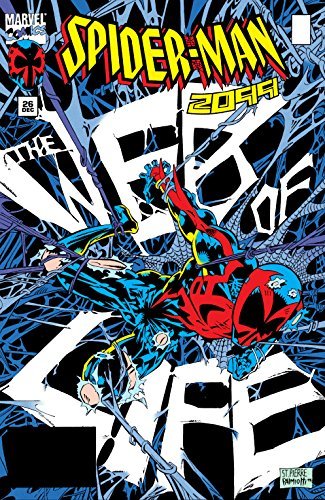
Spider-Man 2099 (1992-1996) #26
2017
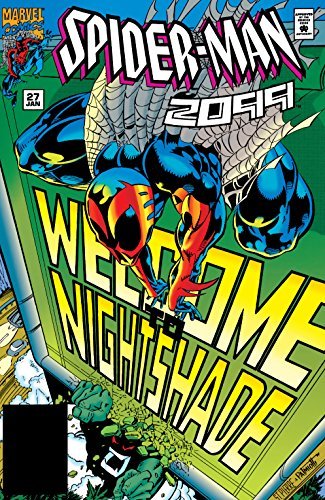
Spider-Man 2099 (1992-1996) #27
2017
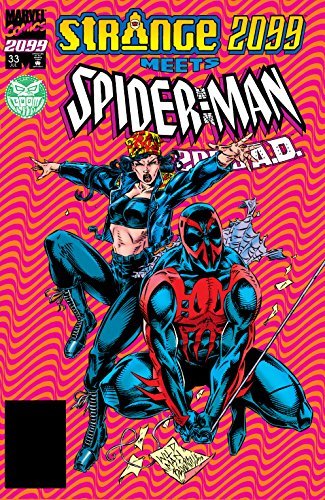
Spider-Man 2099 (1992-1996) #33
2017
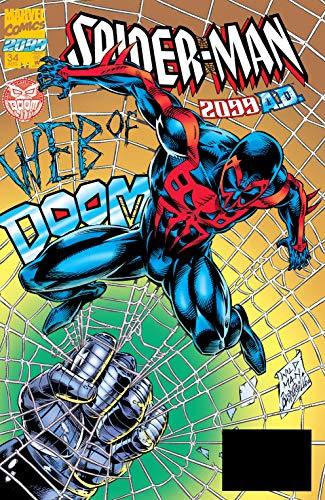
Spider-Man 2099 (1992-1996) #34
2019
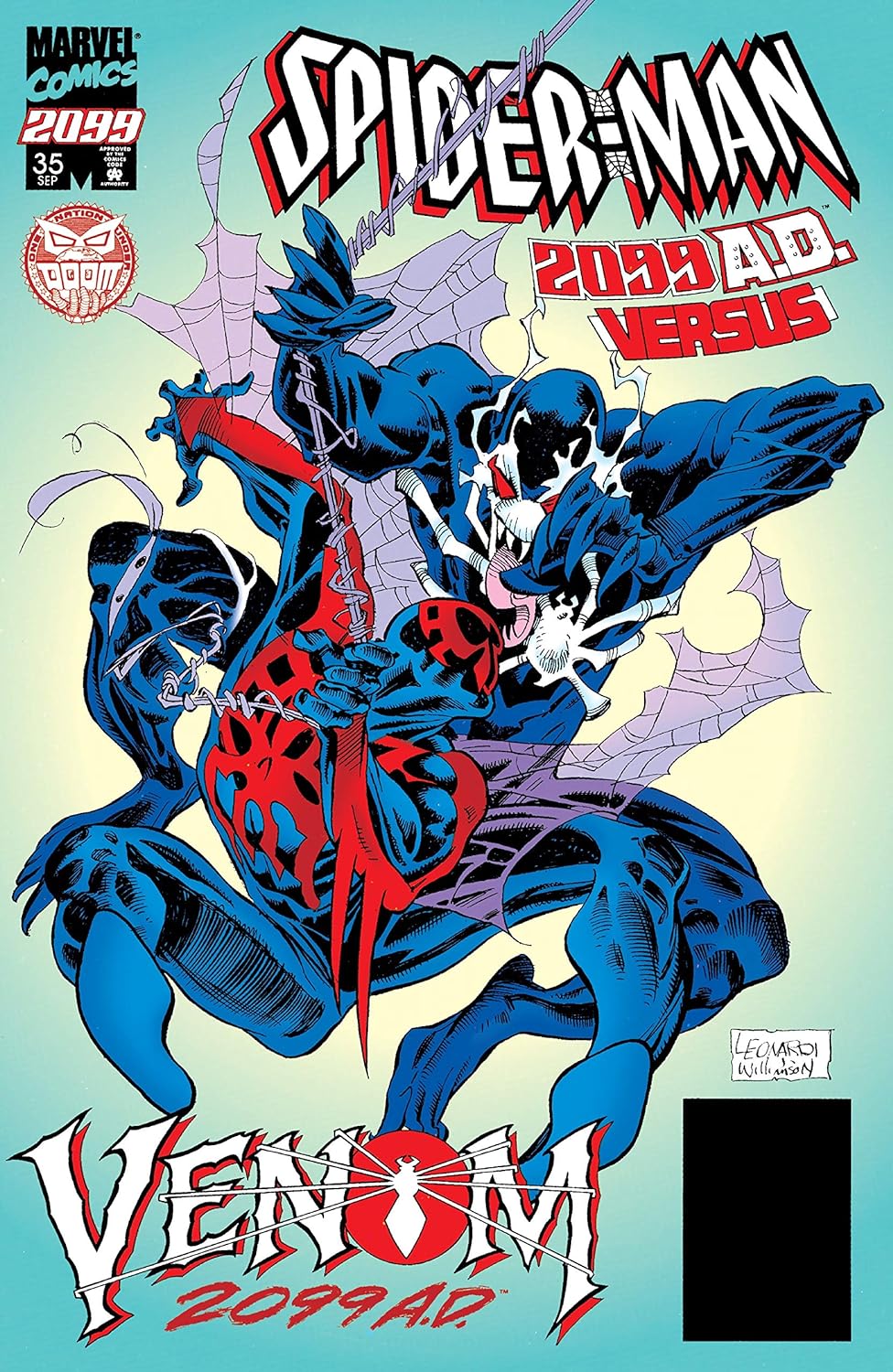
Spider-Man 2099 (1992-1996) #35
1995
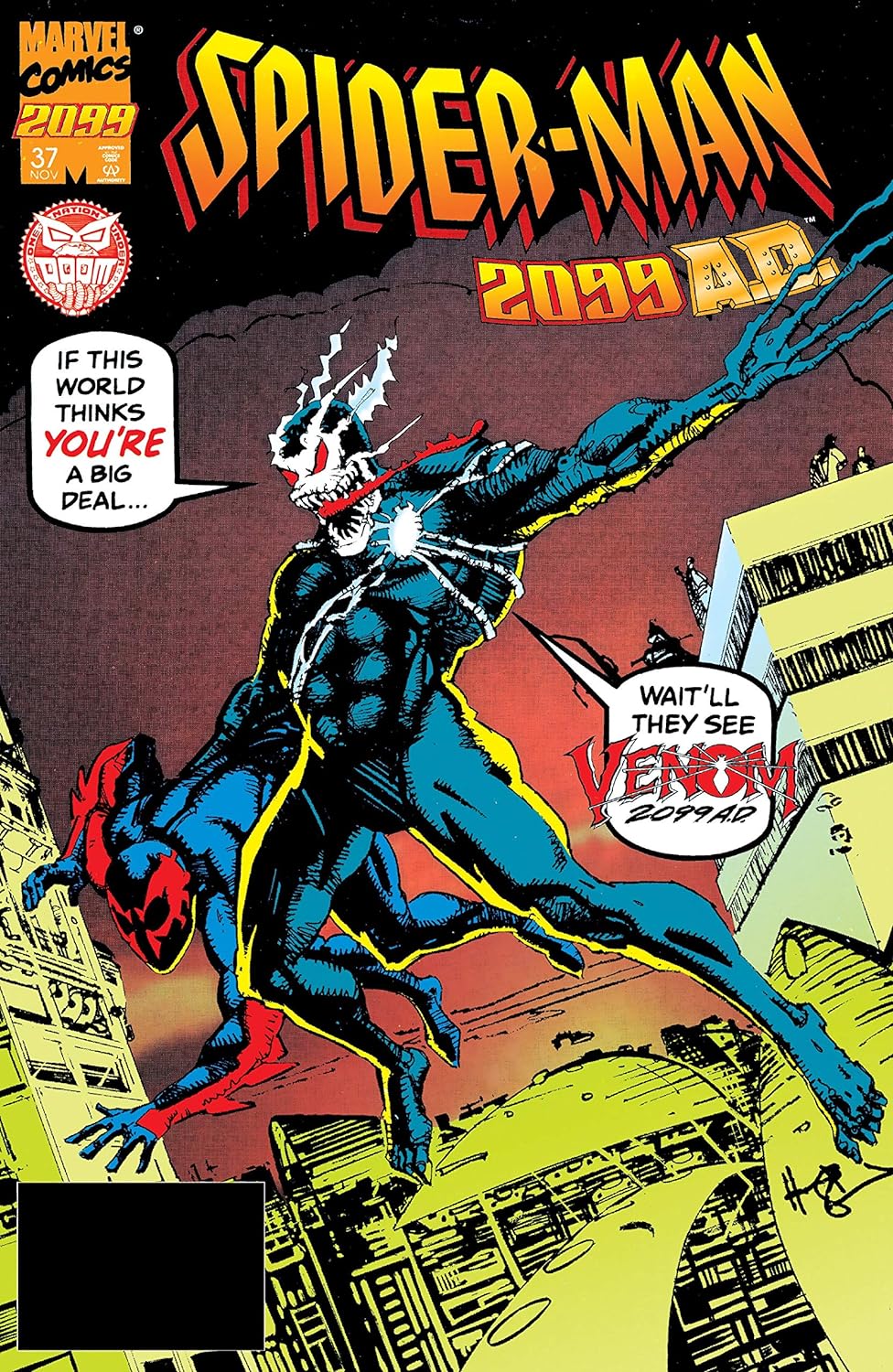
Spider-Man 2099 (1992-1996) #37
1995
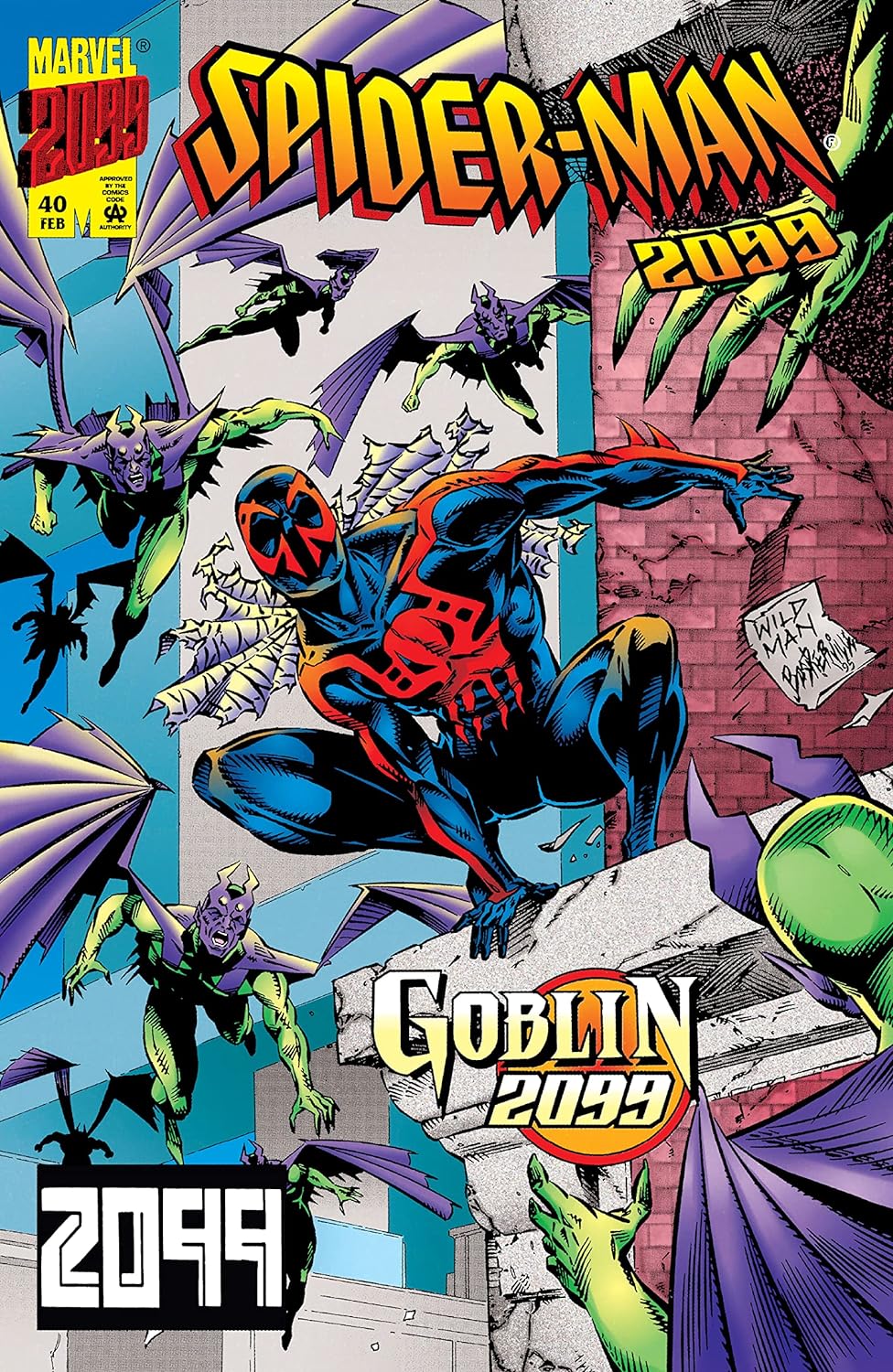
Spider-Man 2099 (1992-1996) #40
2023
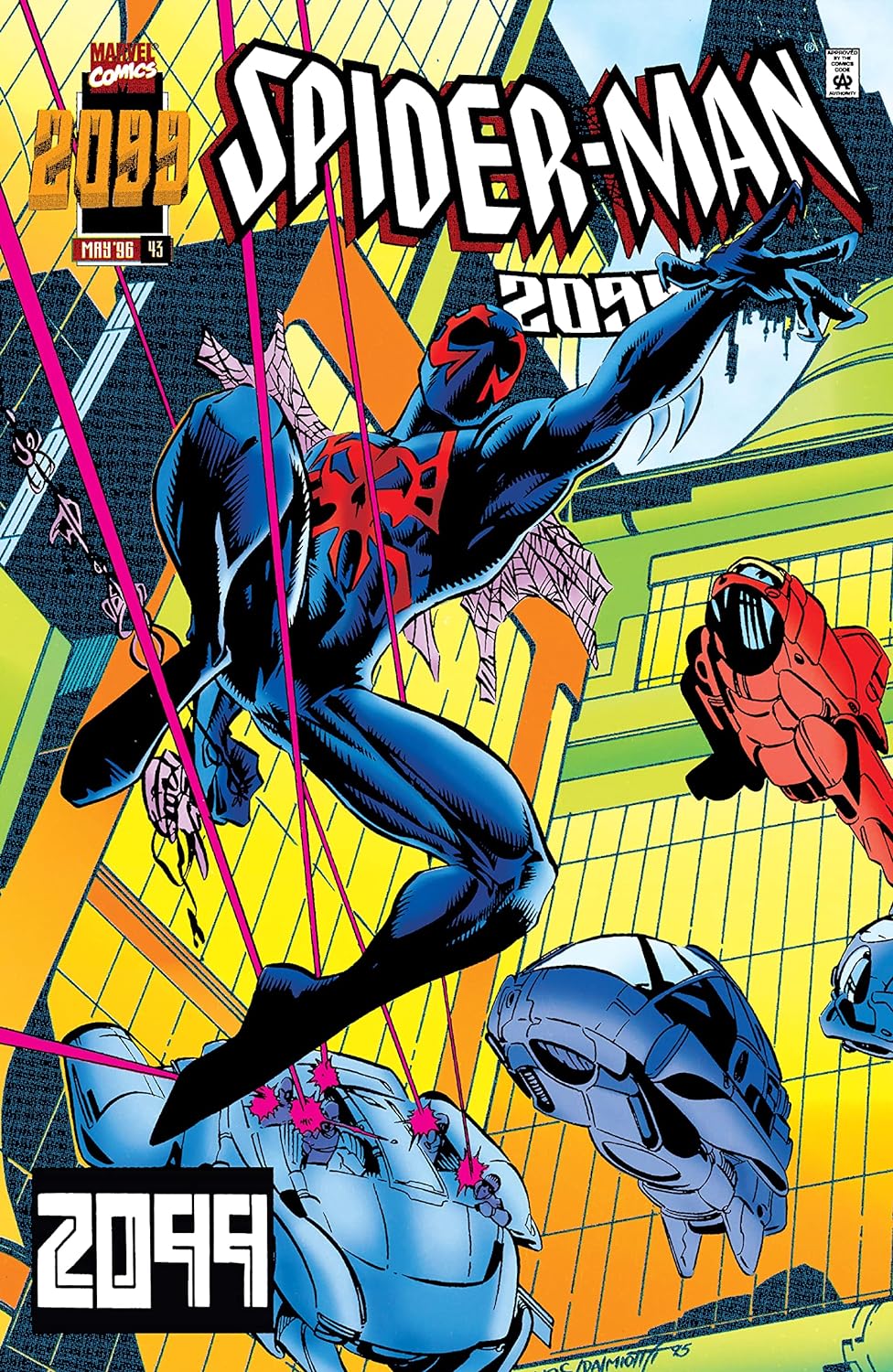
Spider-Man 2099 (1992-1996) #43
2023
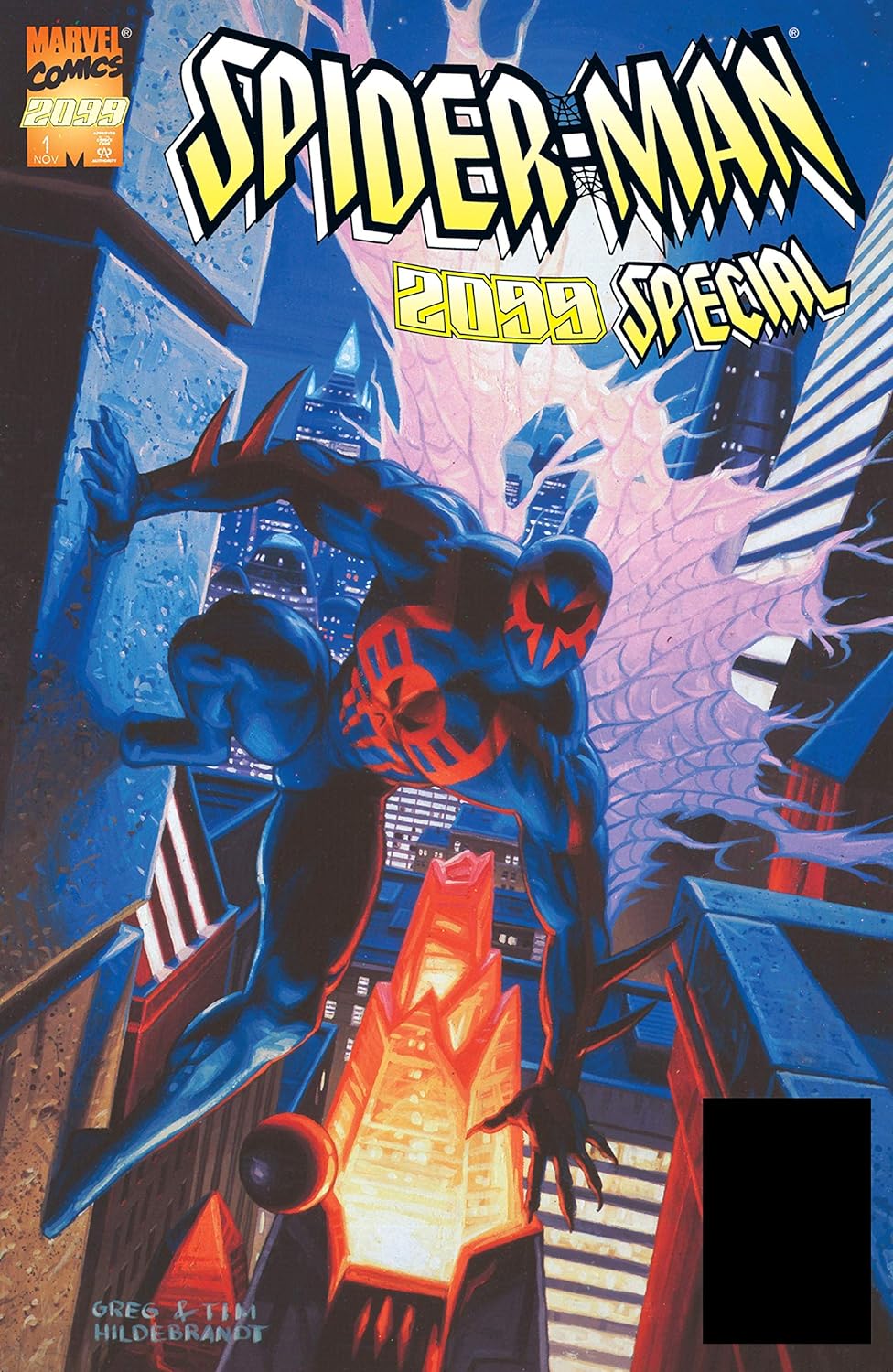
Spider-Man 2099 (1992-1996) Special #1
1995

Spider-Man 2099 meets Spider-Man #1
1995

Spider-Man 2099 Classic, Vol. 3
The Fall of the Hammer
2015
Authors



Edginton sees part of the key to his success coming from good relationships with artists, especially D'Israeli and Steve Yeowell as well as Steve Pugh and Mike Collins. He is best known for his steampunk/alternative history work (often with the artist D'Israeli) and is the co-creator of Scarlet Traces, a sequel to their adaptation of H.G. Wells' The War of the Worlds. With 2000 AD we has written Leviathan, Stickleback and, with art by Steve Yeowell, The Red Seas as well as one-off serials such as American Gothic (2005). His stories often have a torturous gestation. Scarlet Traces was an idea he had when first reading The War of the Worlds, its first few instalments appeared on Cool Beans website, before being serialised in the Judge Dredd Megazine. Also The Red Seas was initially going to be drawn by Phil Winslade and be the final release by Epic but Winslade was still tied up with Goddess and when ideas for replacement artists were rejected Epic was finally wound up - the series only re-emerging when Edginton was pitching ideas to Matt Smith at the start of his 2000 AD career. With D'Israeli he has created a number of new series including Stickleback, a tale of a strange villain in an alternative Victorian London, and Gothic, which he describes as "Mary Shelley's Doc Savage". With Simon Davis he recently worked on a survival horror series, Stone Island, and he has also produced a comic version of the computer game Hellgate: London with Steve Pugh. He is currently working on a dinosaurs and cowboys story called Sixgun Logic. Also as part of Top Cow's Pilot Season he has written an Angelus one-shot. http://comicbookdb.com/creator.php?ID... http://en.wikipedia.org/wiki/Ian\_Edgi...


aka David Peters Peter Allen David (often abbreviated PAD) is an American writer, best known for his work in comic books and Star Trek novels. David often jokingly describes his occupation as "Writer of Stuff". David is noted for his prolific writing, characterized by its mingling of real world issues with humor and references to popular culture. He also uses metafiction frequently, usually to humorous effect, as in his work on the comic book Young Justice.

Kurt Busiek is an American comic book writer notable for his work on the Marvels limited series, his own title Astro City, and his four-year run on Avengers. Busiek did not read comics as a youngster, as his parents disapproved of them. He began to read them regularly around the age of 14, when he picked up a copy of Daredevil #120. This was the first part of a continuity-heavy four-part story arc; Busiek was drawn to the copious history and cross-connections with other series. Throughout high school and college, he and future writer Scott McCloud practiced making comics. During this time, Busiek also had many letters published in comic book letter columns, and originated the theory that the Phoenix was a separate being who had impersonated Jean Grey, and that therefore Grey had not died—a premise which made its way from freelancer to freelancer, and which was eventually used in the comics. During the last semester of his senior year, Busiek submitted some sample scripts to editor Dick Giordano at DC Comics. None of them sold, but they did get him invitations to pitch other material to DC editors, which led to his first professional work, a back-up story in Green Lantern #162 (Mar. 1983). Busiek has worked on a number of different titles in his career, including Arrowsmith, The Avengers, Icon, Iron Man, The Liberty Project, Ninjak, The Power Company, Red Tornado, Shockrockets, Superman: Secret Identity, Thunderbolts, Untold Tales of Spider-Man, JLA, and the award-winning Marvels and the Homage Comics title Kurt Busiek's Astro City. In 1997, Busiek began a stint as writer of Avengers alongside artist George Pérez. Pérez departed from the series in 2000, but Busiek continued as writer for two more years, collaborating with artists Alan Davis, Kieron Dwyer and others. Busiek's tenure culminated with the "Kang Dynasty" storyline. In 2003, Busiek re-teamed with Perez to create the JLA/Avengers limited series. In 2003, Busiek began a new Conan series for Dark Horse Comics, which he wrote for four years. In December 2005 Busiek signed a two-year exclusive contract with DC Comics. During DC's Infinite Crisis event, he teamed with Geoff Johns on a "One Year Later" eight-part story arc (called Up, Up and Away) that encompassed both Superman titles. In addition, he began writing the DC title Aquaman: Sword of Atlantis from issues 40-49. Busiek was the writer of Superman for two years, before followed by James Robinson starting from Superman #677. Busiek wrote a 52-issue weekly DC miniseries called Trinity, starring Batman, Superman and Wonder Woman. Each issue (except for issue #1) featured a 12-page main story by Busiek, with art by Mark Bagley, and a ten-page backup story co-written by Busiek and Fabian Nicieza, with art from various artists, including Tom Derenick, Mike Norton and Scott McDaniel. Busiek's work has won him numerous awards in the comics industry, including the Harvey Award for Best Writer in 1998 and the Eisner Award for Best Writer in 1999. In 1994, with Marvels, he won Best Finite Series/Limited Series Eisner Award and the Best Continuing or Limited Series Harvey Award; as well as the Harvey Award for Best Single Issue or Story (for Marvels #4) in 1995. In 1996, with Astro City, Busiek won both the Eisner and Harvey awards for Best New Series. He won the Best Single Issue/Single Story Eisner three years in a row from 1996–1998, as well as in 2004. Busiek won the Best Continuing Series Eisner Award in 1997–1998, as well as the Best Serialized Story award in 1998. In addition, Astro City was awarded the 1996 Best Single Issue or Story Harvey Award, and the 1998 Harvey Award for Best Continuing or Limited Series. Busiek was given the 1998 and 1999 Comics Buyer's Guide Awards for Favorite Writer, with additional nominations in 1997 and every year from 2000 to 2004. He has also received numerous Squiddy Awards, having been selected as favorite writer four years in a row from 1995 to 1998,